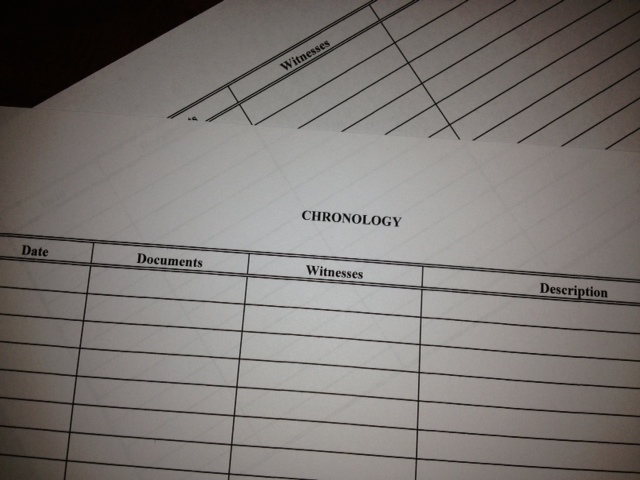Court Closure Update
Due to the outbreak of the Coronavirus, the Chief Justice of the Supreme Court of California is issuing emergency orders upon request from each county’s presiding judge. These orders allow the courts to manage a reduction in judicial services. Each court is authorized to limit its operations as necessary to help curb the spread of the COVID-19 disease. We will be monitoring court rescheduling and closures on this page.
Here are the updates as of May 5, 2020:
The Orange County Superior Court announced that the court will be closed at all locations from March 23, 2020 through May 22, 2020. The effect will be that for most types of cases, the closure will be considered a court holiday for purposes of scheduling. For more information on how the closures will affect the calendar of various types of cases, you can read the court’s latest releases here.
 California Business Litigation Attorney Blog
California Business Litigation Attorney Blog







